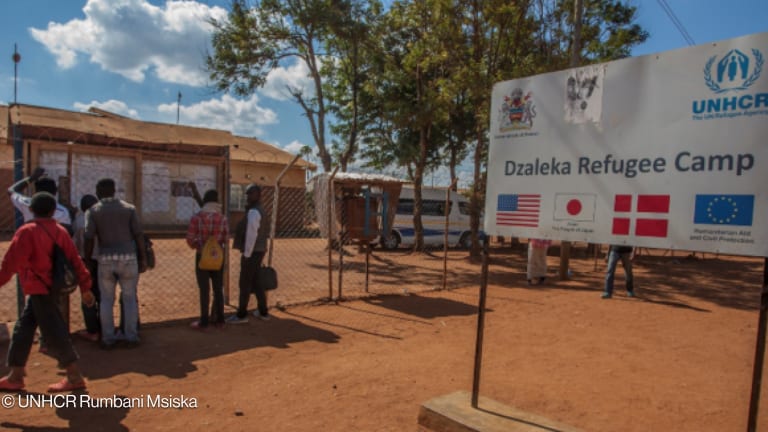Migration is a global issue. But to address it, funders must invest in solutions at the local level. Collectively, as the mayor of Amman and the leaders of philanthropic and nonprofit organizations, we are calling on funders and donors to join us in supporting migrants and refugees in cities by investing directly in the leaders well-positioned to welcome them.
As leaders from around the world gathered recently for the 78th United Nations General Assembly in New York City to address today’s most pressing global challenges, among them were mayors — the local leaders at the forefront of driving local solutions that achieve global impact. One of the topics discussed at UNGA was migration and how cities can continue to be thriving, welcoming places for migrants and displaced people as well as the residents that receive them.
The truth is, in the coming years, more and more international migrants are projected to arrive in urban areas, with 1 in 5 moving to just 20 global cities. But the system for getting money from donors to local governments is broken, leaving too many cities that are unable to meet overly complex, stringent, and costly compliance requirements struggling to support migrants and refugees in their communities.










